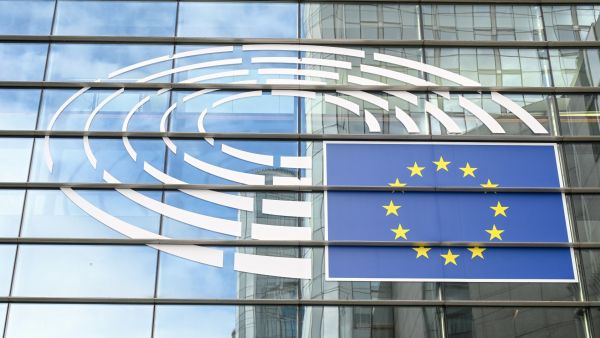Socialists and Democrats today successfully pushed for a 40% energy efficiency target by 2030 during a vote in the parliamentary committee on energy and industry. A progressive coalition was able to ensure an ambitious binding target contrary to conservative attempts to water it down.
S&D vice-president for sustainability, Kathleen Van Brempt MEP, said:
"Until now, businesses have been trying to be more competitive by reducing labour costs, often at the cost of workers. In the meantime, too much energy has been wasted, and too much money has been spent on buying fossil fuels from outside the Union at a very high price. We must now spark the ‘energy productivity revolution’.
"Energy efficiency can save us a lot of money in imports, will contribute to fight climate change, and it will also be beneficial for families and households. In any policy decision, we must look at how it affects those who are most vulnerable in our society. Well, this directive does. We have introduced energy poverty provisions in order to oblige member states to prioritise measures for low-income and energy-poor households who are the most likely to find themselves living in badly insulated houses, and therefore need to spend more in heating, cooling and electricity."
S&D spokesperson on energy, Dan Nica MEP, said:
"The energy efficiency principle will be implemented throughout the full energy chain, including energy generation, transmission, distribution and end-use.
"There is a big potential to save energy in public buildings. Buildings eat up around 40% of the total energy used in the EU, and the public sector holds a big responsibility in showing that it is worth investing in efficiency because it saves money in the long term. I welcome the exemplary role that all public authorities will now take given that that the obligation to renovate 3% of their buildings each year will be extended from not only central governments, but will also include all public buildings.
"This will be one more step towards a decarbonised building stock by 2050. City halls, schools, sports facilities, hospitals and many other public spaces will benefit from a modernisation process that will reduce emissions, create jobs and improve health."
MEPs involved
Vice-president
S&D Group Bureau, International Trade, Development & Global Sustainability
DEVE, INTA, INTER-PARLIAMENTARY DELEGATIONS, ENLARGEMENT
Belgium
Related content
Find out more









